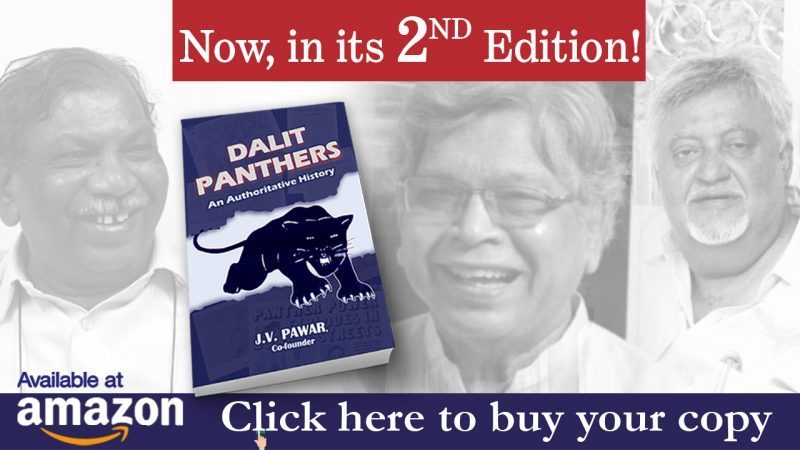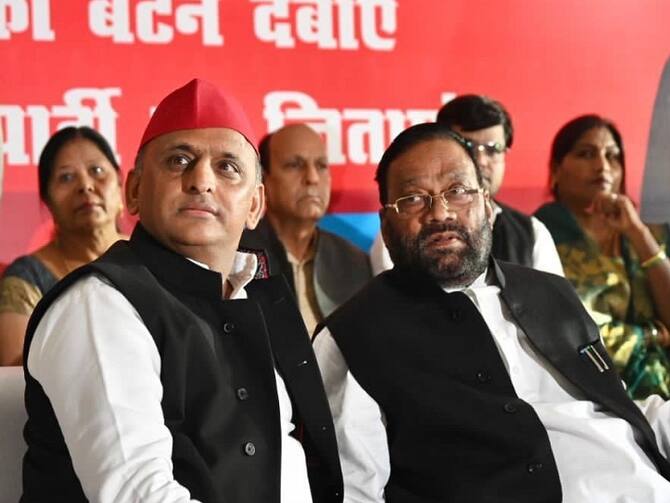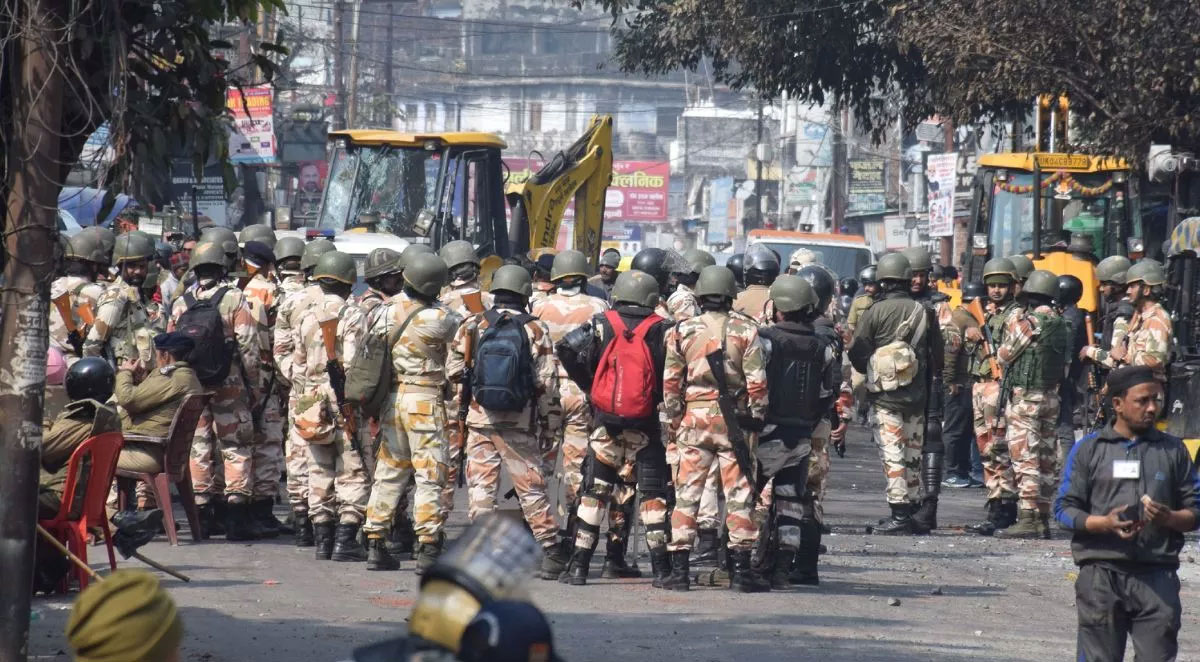The Jammu and Kashmir Reorganization Bill 2019 was recently passed by the Lok Sabha and Rajya Sabha to downgrade and split the state of Jammu and Kashmir into two union territories – Jammu and Kashmir, and Ladakh. Before the dismembering of the state, a resolution was passed to abrogate Articles 370 and 35A of the Constitution. Article 370 granted special status to the state while Article 35A empowered the state to define who its permanent resident would be. According to the Jammu and Kashmir Reorganization Act 2019, Jammu and Kashmir would be a union territory with legislature and Ladakh would be a union territory without a legislature. In effect, the Indian Constitution would be fully applicable to the entire Jammu and Kashmir, and a lieutenant-governor would replace the governor. The decision to downgrade any state into a union territory is unprecedented in post-colonial India and took the millions of residents of the state and others by surprise. Many consider this move a huge blow to the federalism of India.

Union Home Minister Amit Shah first introduced the Bill in the Rajya Sabha on 5 August 2019 and then took the Bill to the Lok Sabha the very next day. Both the houses passed the Bill. The members of both Houses did not get the customary two-day notification prior to the discussion of the Bill. Behind the scenes, though, the central government had done its the groundwork. First, it abruptly halted the annual Amarnath yatra, and asked the pilgrims and tourists to leave the state with immediate effect, citing intelligence inputs of a terror attack. Students studying in various institutions, such as the National Institute of Technology (NIT), and migrant workers, too, were ordered to leave. Thousands of paramilitary forces were suddenly and quickly moved into the state, which already had 700,000 armed forces personnel and was known as one of the most heavily militarized zones of world. Top leaders of the state, including two former chief ministers, were arrested without any notice and have been in custody ever since. All communication, including mobile, television and internet, were completely shut down. Strict curfew was enforced throughout the state, especially in the Kashmir Valley.

The decision to downgrade the statehood of Jammu and Kashmir with the abrogation of Articles 370 and 35A has elicited contrasting responses. A large number of Indians living outside the state are elated while others term it as a severe blow to Indian democracy. But the people of Jammu and Kashmir themselves have been rendered voiceless. Among those backing the move are Kashmiri Pandits, Dogras of Jammu and Ladakhi Buddhists. Yet, the Muslims of Kargil who will form a significant section of the population of the Union Territory of Ladakh are not pleased. Before it was declared a union territory, Ladakh had an Autonomous Hill Development Council.

Article 370 has a long history. Like most other regions that came together to form independent India, Jammu and Kashmir was a princely state. But unlike other princely states, it chose neither to join India nor Pakistan. In October 1947, armed tribesmen from Pakistan launched an attack on Jammu and Kashmir. Around the same time, many Kashmiris revolted against the king, Maharaja Hari Singh, which prompted him to sign the Instrument of Accession with India. Under this signed instrument, the king ceded communications, defence and foreign affairs of Jammu and Kashmir to India and the other departments remained with the state. The Indian Constitution accommodated Jammu and Kashmir in accordance with the Instrument of Accession under the Article 370 on 26 January 1950. In February 1954, the Constituent Assembly of Jammu and Kashmir too ratified the Instrument of Accession. Over the years, Article 370 survived only as a symbol, and underwent multiple amendments.
The right-wing government at the Centre argues it was forced to revoke Article 370 because the Article came in the way of the government’s efforts to ‘develop’ the state. This claim doesn’t hold water, for there are many states in India, such as Uttar Pradesh, Jharkhand, Odisha, Chhattisgarh, Bihar, Madhya Pradesh, to name a few, which lag behind Jammu and Kashmir in the human development index and yet these states don’t have restrictions in the vein of Article 370. Surprisingly, the government chose to link every evil that the state has been suffering from, with Article 370, including terrorism, corruption and secessionism.
A single stroke of the pen altered Jammu and Kashmir’s equation with the rest of India but the government might find itself in a legal tangle. Article 3 of the Constitution of India says that before tinkering with the boundaries of a state, the President has to seek the opinion from the legislature of the concerned state. Jammu and Kashmir was under Presidential rule and thus did not have a legislature. The central government said that it had consulted the governor, who is an appointee of the central government itself, not an elected authority. Clearly, the central government violated the Constitution. The people of Jammu and Kashmir had no say in a decision that would affect them the most.
Jammu and Kashmir is not a just piece of land but the home of a people. It was the only Muslim-majority state in a Hindu-majority country. Many hold the view that the state was stripped of its rights because of the faith the majority of its residents profess. The government though is confident that that abrogation of Article 370 will bring about “complete integration” of Jammu and Kashmir with India, but Pratap Bhanu Mehta, one of India’s most respected columnists, wrote: “The optics of this measure is not integration, it is humiliation, of a piece with subtle and unsubtle reminders to minorities of their place in India” (Indian Express, 6 August 2019).
This undemocratic, unilateral, anti-minority and unconstitutional move has shaken the northeastern states, too, since many of them, including Arunachal Pradesh, Nagaland, Mizoram, Manipur and parts of Assam, enjoy special status under Article 371.
Everyone has had their say on the matter, except the people of Jammu and Kashmir. How long before they make themselves heard? Perhaps, when curfews are eased and detentions end. But what will they say? Will they be even more suspicious of the world’s largest democracy? Only time will tell.
Copy-editing: Anil
Forward Press also publishes books on Bahujan issues. Forward Press Books sheds light on the widespread problems as well as the finer aspects of Bahujan (Dalit, OBC, Adivasi, Nomadic, Pasmanda) society, culture, literature and politics. Contact us for a list of FP Books’ titles and to order. Mobile: +917827427311, Email: info@forwardmagazine.in)





